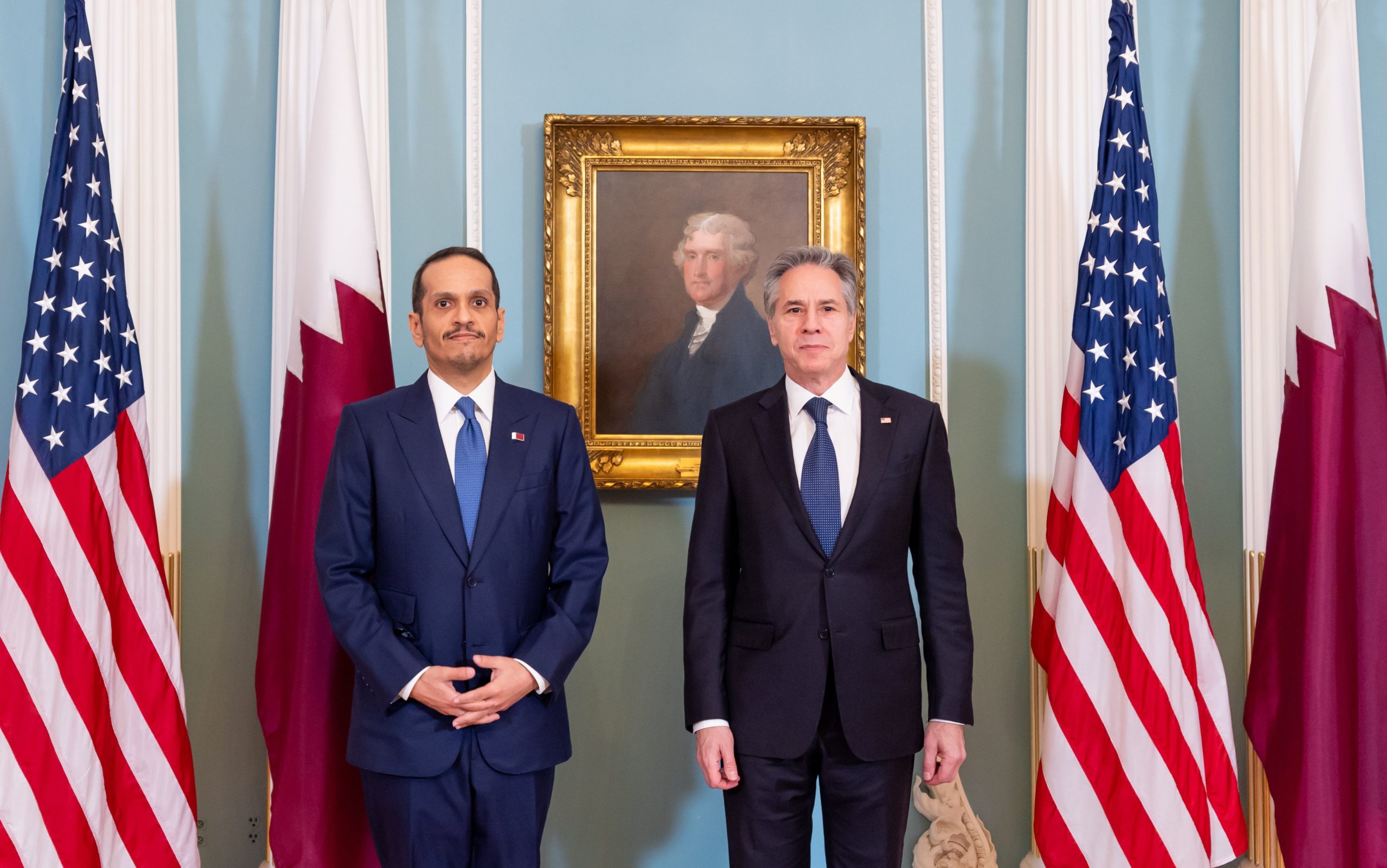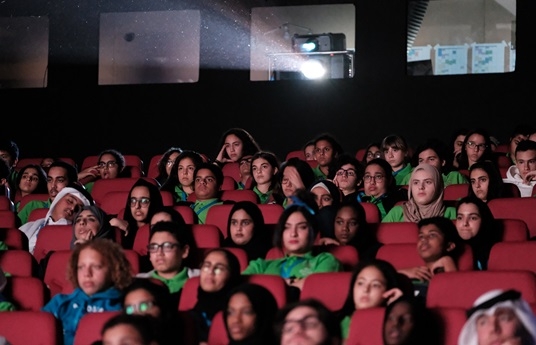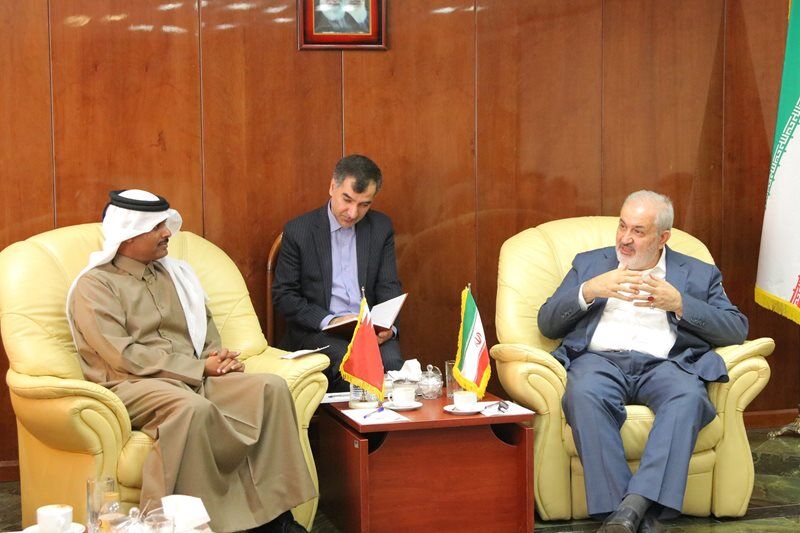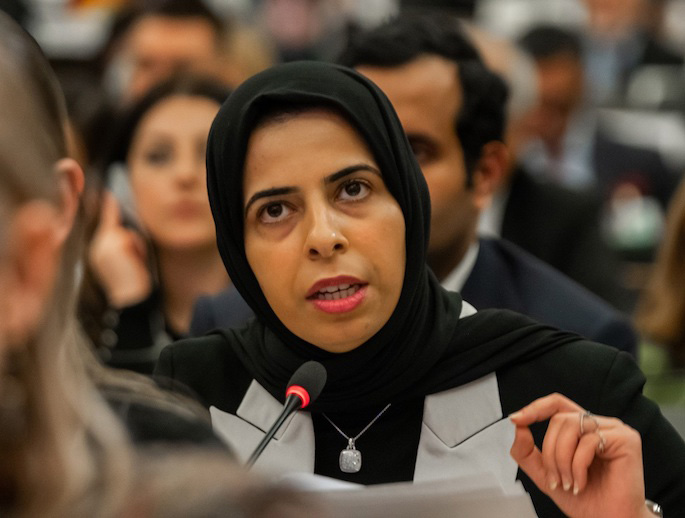The meeting came after Sheikh Mohammed concluded a meeting in Paris on Sunday with representatives from the U.S., Egypt, and Israel over a new deal in Gaza to release the remaining 132 captives.
Qatar’s Prime Minister Sheikh Mohammed bin Abdulrahman Al-Thani and U.S. Secretary of State Antony Blinken discussed the latest on mediation efforts in Gaza on Monday during a meeting in Washington, D.C.
A readout on the meeting by Qatar’s foreign ministry said that Sheikh Mohammed, who is also Doha’s foreign minister, and Blinken discussed the latest developments in Gaza “and the continuation of entry of humanitarian assistance” to the area.
The agenda also involved “the latest regional developments and ways to reduce escalation,” as Sheikh Mohammed voiced Qatar’s concern over the current escalations including the targeting of U.S. soldiers in Jordan on Sunday.
Blinken separately said that he is “thankful for Qatar’s partnership and indispensable role in mediating” the release of the remaining captives from Hamas in Gaza.
The meeting came after Sheikh Mohammed concluded a meeting in Paris on Sunday with representatives from the U.S., Egypt, and Israel over a new deal in Gaza to release the remaining 132 captives.
Speaking at an Atlantic Council panel on Monday, Sheikh Mohammed confirmed the meeting following multiple reports on the matter, saying the negotiations are now “in a much better place” in comparison to “a few weeks ago.”
“There was a clear demand of the permanent ceasefire ahead of the negotiations, which I believe that we moved from that place to a place where it potentially might lead to a ceasefire permanently in the future. And this is what we are all aiming for,” Sheikh Mohammed said.
Qatar — the host of a Hamas political office — and Egypt have been at the forefront of diplomatic efforts to end the war in Gaza, where Israel has killed more than 26,000 Palestinians, 70% of whom were women and children.
Both countries mediated a temporary truce last year that lasted between November 24 and December 1, enabling the release of at least 110 Israeli and foreign captives from Gaza.
The talks have stalled since the truce expired with Israel intensifying the brutal war on Gaza while expanding its ground invasion to the south, forcing thousands of Palestinians to seek shelter multiple times.
“We’ve seen the numbers are increasing dramatically. And, I mean, what I think that we are seeing in Gaza is not resulting with — is not getting any result to get the hostages back. But the process is the one which is getting them back,” Sheikh Mohammed told the panel.
The top Qatari official confirmed that there is a potential new deal which has been put forward to Hamas and may be implemented soon after all parties agree to it.
The proposed agreement entailed the phased releases of U.S. and Israeli captives from Hamas starting with women, children and the elderly. Their release would come in exchange for a temporary cessation of the war, entry of aid into Gaza, and freeing Palestinian detainees from Israeli prisons.
Hamas rejected the proposal as it does not involve a permanent ceasefire, a demand that it has placed at the centre of the negotiations that Israel has rejected.
Speaking about the wider escalations in the region, Qatar’s senior official said that ending the war in Gaza would see an end to the regional tensions.
“What we’ve been warning from is the bigger picture in the region. And we’ve been warning from day one that this war has a potential of expanding and spillover in the region. And we are seeing this building up unfortunately in the last three months and a half,” Sheikh Mohammed told the Atlantic Council.
Escalations in the Red Sea, southern Lebanon, Iraq and Syria have been on the rise since the beginning of the Israeli war on Gaza on October 7, 2023, raising concerns over an all-out regional war.
Israel’s genocidal war on Gaza has persisted for nearly four months without a permanent ceasefire in sight as the Strip’s population suffers from constant displacement and a dire humanitarian crisis.
The decision by more than 10 countries, including the U.S., to suspend funding the United Nations Relief and Works Agency for Palestine Refugees (UNRWA) is threatening the provision of aid to Palestinians.
Sheikh Mohammed stressed that Gaza’s population “are dying from starvation” while pointing to aid being “used as a bargaining chip all the time.”
“We’ve never seen before in any conflicts. And just let us — you know, shelters. And even with the safe zones that they’ve been allocating and dedicating for them since the start of the conflict, they’ve been bombed in those safe corridors, in those safe zones,” he said.







